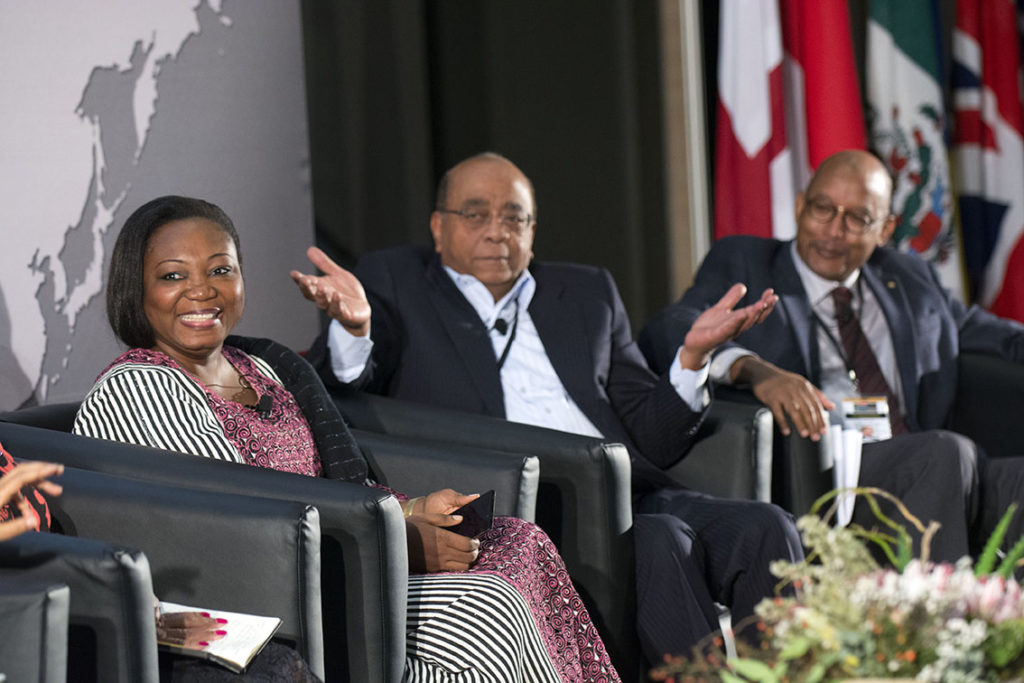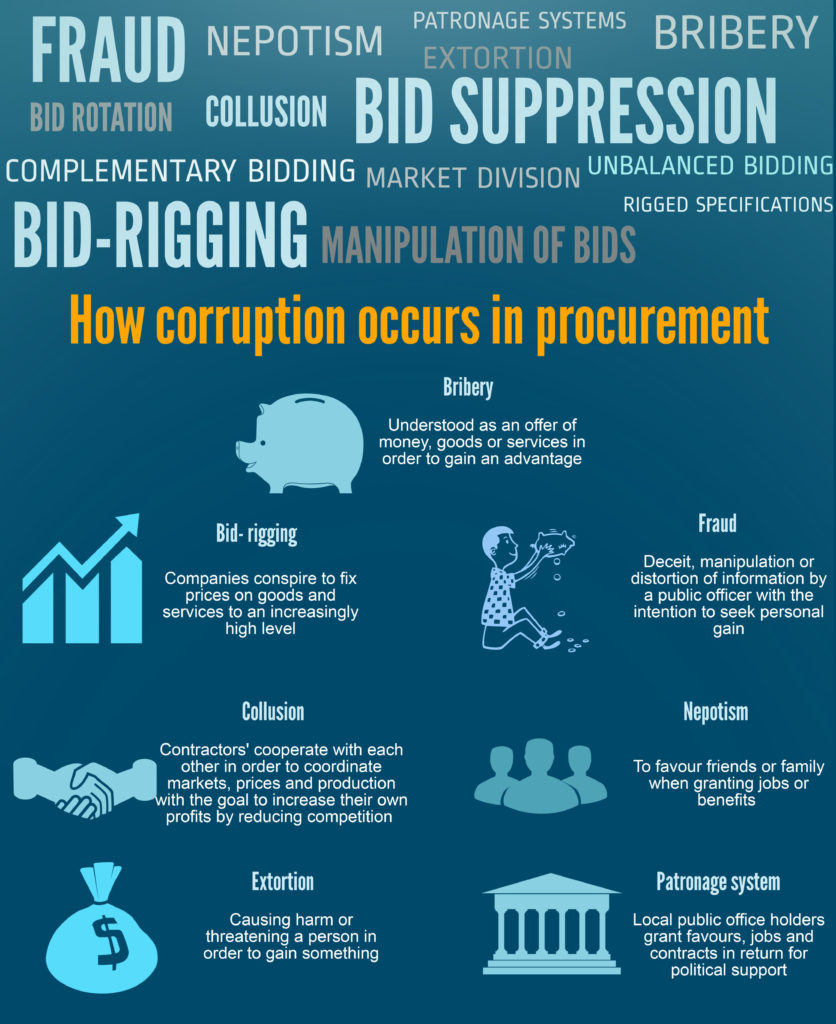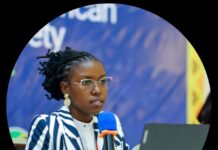By Winnie Kamau
Seated in a coffee shop in Nairobi, I could not help but reminisce my recent week in the great city of Cape Town, South Africa.
One, we had a successful Africa Open Data Conference (AODC) which was held on the sidelines of Open Government Partnerhip (OGP) meeting. The AODC in Cape Town was to capture the Southern African perspective of Open Data. We had great Speakers including Megan Smith– First Woman Chief Technology Officer of United States, Nnenna Nwakanma of Web Foundation among other amazing speakers. It was a great event. We also had a Data Cooking Show which was a mock of the Newsrooms – Here participants were divided into groups and each group had a dataset and they were supposed to make sense of the data and turn it into a story. This task made the participants understand why most Journalists rely on Press Releases- This is mainly because of shortage of time between attending a Press conference, getting to the office and making sense of voluminous datasets from reports given.

I must say most Africans are a bit skeptical of what is new. They want to watch and see then jump in and this makes most of us get the title of slow adapters – It’s even worse for Governments.
The South African Government came under fire on how it was treating Africans in the process of getting Visas to South Africa. This was during the opening ceremony at a panel discussion during the OGP that trended in Africa using #OGPAfrica2016

South African – British Multi billionaire Mohammed Ibrahim said, “ It is easier to get to South Africa if you have a British or American passport” Nnenna Nwakanma of Web Foundation raised the issue where many participants had failed to attend the meeting due to the hurdles of getting Visas. Nnenna bravely pointed out “On the visa issue: granting the visa or not is a sovereign right. My issue is with the time wasted, productivity lost.” adding as Africans we need to tell our stories “We are the one’s to tell good stories about ourselves”.
This conversation was defended by the South African Government represented Ayanda Dlodlo, who is the Deputy Minister for Public Service Administration.
Switching gear to Open Government Partnership OGP. The first African Regional event was hosted by the South African Government. Here there were many breakout sessions but one that ran the day was in Open Contacting. A pilot project being done by Open Contracting in Africa is targeted on Ghana, Kenya, Malawi, Sierra Leone, Liberia and South Africa. The Open Contracting is based on the premise -Across Africa, on average half of government spending is on public contracts. Public procurement and contracting is a Government’s number one vulnerability to Corruption and fraud.
According to Open Contacting (OC) Some 57% of Foreign bribery cases prosecuted under the Organisation for Economic Co-operation and Development (OECD)- Anti-Bribery Conversation have involved bribes obtained from public contracts.
A recent inquiry by Open Contracting showed that Uganda’s National Roads Authority discovered that billions of dollars were paid to non existent firms and double payments were common. In 2012, the inspectorate of government found that 99% of contracts overshot original budgets while the Public Procurement Regulatory Authority reported that two out of three contacts were not completed on time.

We all know Africa is archly endowed with natural resources from minerals to oil and human resource. But one thing that stands out is the natural resources which have been used to pit humans against each other. A major source of conflicts in many countries in Africa. This conflicts will soon come to an end if governments accept Open Contracting in Contract disclosure in the extractives industry: In an initiative on Extractives Industries Transparency by Governments of Liberia,and Guinea are already disclosing all their contracts. Congo DRC, Republic of Congo,Ghana, Mali,Mauritania, Mozambique and Sierra Leone have a commitment to open some if their contracts through the Extractives Initiative.
According to OC – Guinea, Liberia and Republic of Congo have their online searchable databases for contracts and licenses.
I could not help but think if this Open Contract as committed by the Kenya’s Office of the Deputy President was to come to full action the kind of liberation we would have.
My colleague and I once interviewed some businessmen on the reason why they did not like bidding for government contracts – many cited – The number of months one had to wait before payment goes through. They said the Corruption involved in awarding the contracts was very discouraging and the amount of money one would cough to get your payments.
There is hope for Africa with Open Contracting and I know if this initiative is well versed executed and embraced by Governments it will solve half if not three quarters of corruption episodes in Governments. Am convinced more than ever that Open to Data will drive citizens to demand more from their leaders. Let Africa Open it’s Data by embracing technology.














